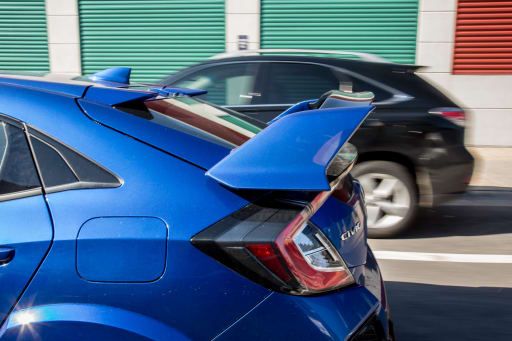
1-888-289-0076

1-888-289-0076

The automotive industry is on the brink of a transformative shift, driven by technological advancements and changing consumer preferences. The future of autos holds immense potential for innovation, sustainability, and enhanced mobility. From autonomous vehicles and electric cars to shared mobility and connected technologies, the industry is witnessing a massive disruption that will reshape the way we commute and travel.
One of the key drivers shaping the future of autos is the rapid development of autonomous vehicles. These self-driving cars have the potential to revolutionize transportation by eliminating the need for human intervention. With advanced sensors, artificial intelligence, and machine learning algorithms, autonomous vehicles can navigate roads, detect obstacles, and make real-time decisions to ensure safe and efficient journeys.
Electric vehicles (EVs) are another major component of the future of autos. As the world moves towards a more sustainable future, EVs are gaining significant traction. With zero-emission capabilities, improved battery technologies, and expanding charging infrastructure, electric cars are poised to become the mainstream mode of transport, reducing carbon emissions and dependence on fossil fuels.
Furthermore, the future of autos is characterized by a shift towards shared mobility. Ride-sharing and car-sharing services are becoming increasingly popular as they offer convenient, cost-effective, and eco-friendly alternatives to traditional car ownership. These services leverage digital platforms and mobile applications to connect drivers and passengers, optimizing vehicle utilization and reducing traffic congestion.
Connected technologies are also playing a crucial role in shaping the future of autos. The Internet of Things (IoT) enables vehicles to communicate with each other, infrastructure, and the cloud, creating a connected ecosystem. This connectivity facilitates real-time data exchange, predictive maintenance, and personalized services, enhancing safety, efficiency, and overall driving experience.
Another significant trend in the future of autos is the integration of renewable energy sources. Solar-powered cars and vehicles equipped with energy harvesting technologies are emerging as sustainable alternatives. These innovations not only reduce reliance on the grid but also contribute to a greener and cleaner environment.
With the future of autos, urban landscapes are set to undergo a transformation as well. smart cities are embracing smart mobility solutions, incorporating autonomous vehicles, electric charging stations, and intelligent transportation systems. This integration aims to improve traffic flow, reduce congestion, and enhance overall urban livability.
As the automotive industry evolves, new business models are emerging. Traditional automakers are partnering with technology companies, startups, and ride-sharing platforms to leverage synergies and drive innovation. The future of autos is not solely limited to producing vehicles but also encompasses mobility-as-a-service, advanced analytics, and personalized experiences.
In conclusion, the future of autos holds immense promise, with autonomous vehicles, electric cars, shared mobility, connected technologies, renewable energy, and smart cities leading the way. The industry is set to undergo a paradigm shift, revolutionizing transportation and mobility. Embracing these advancements will not only enhance convenience and efficiency but also contribute to a greener and more sustainable future.